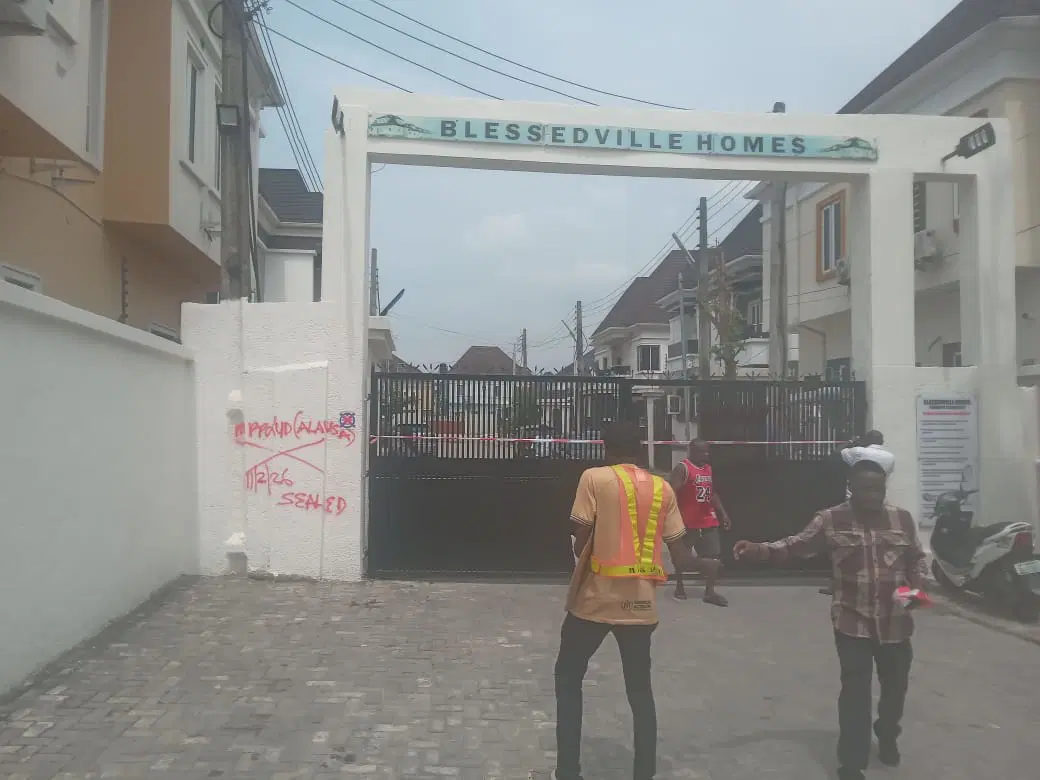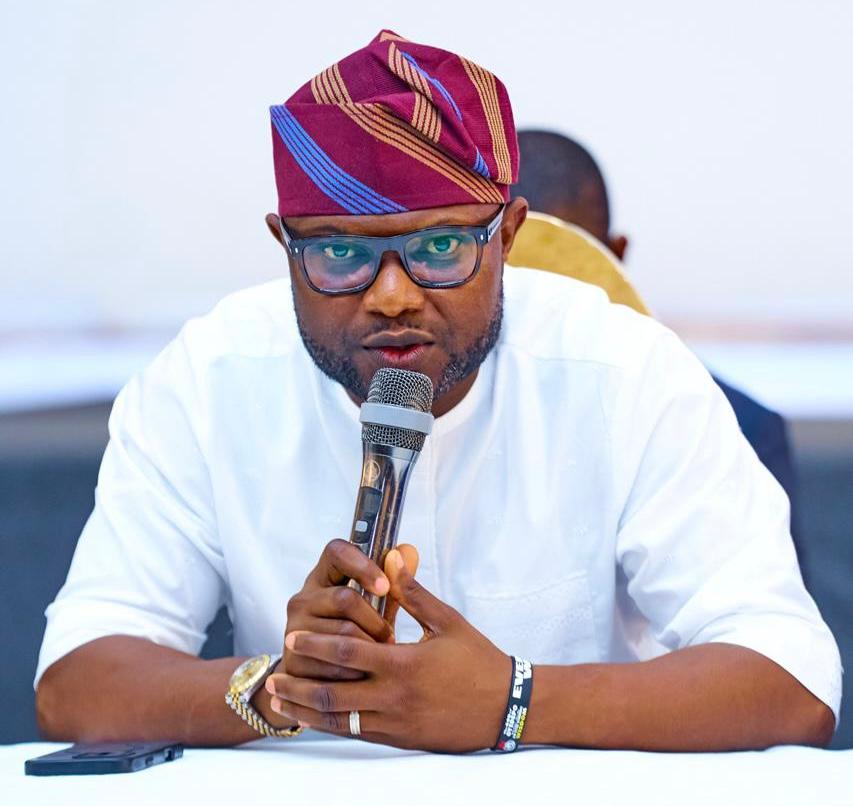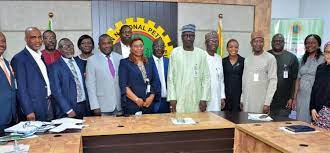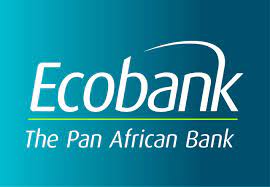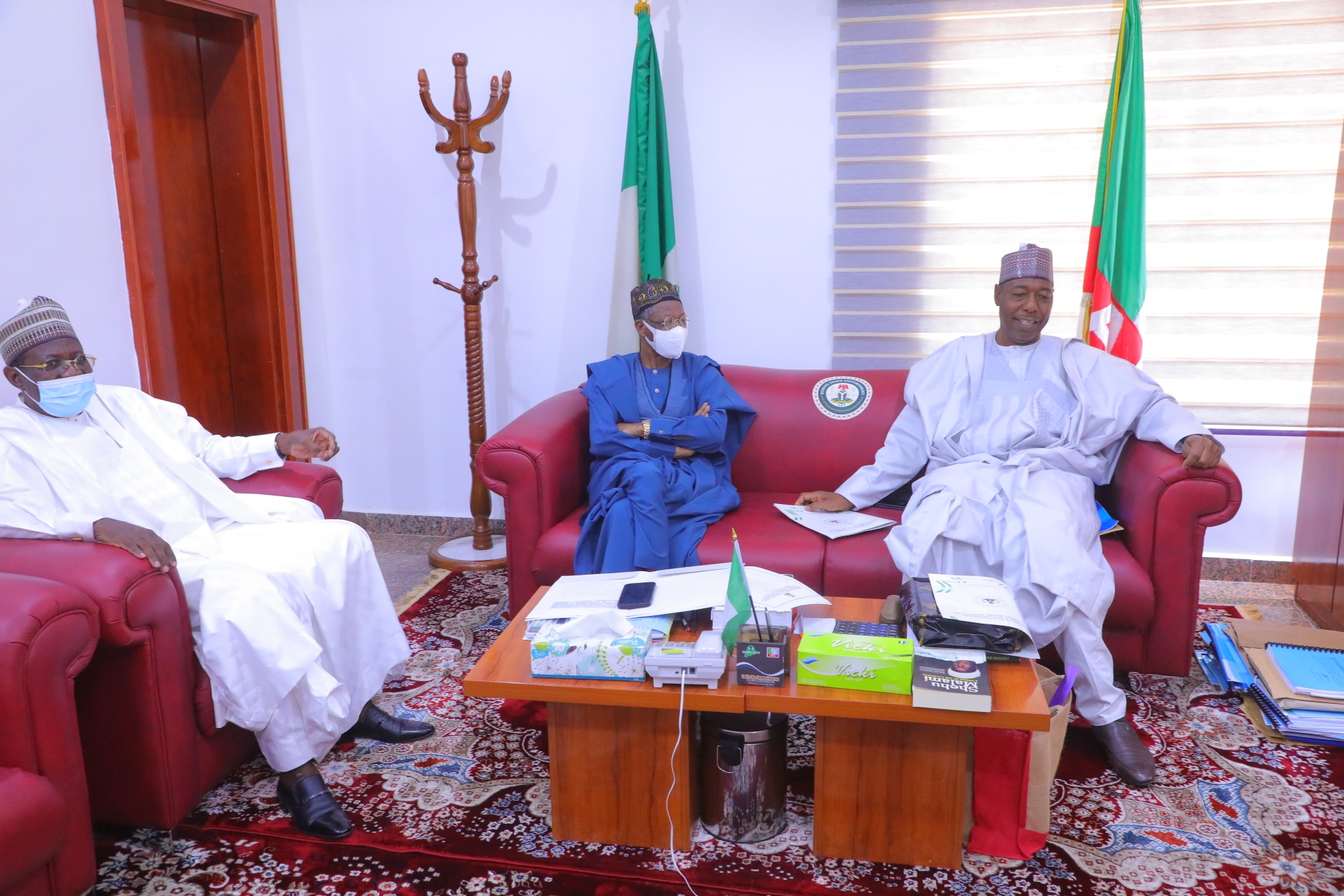By Babatunde Safiriyu
The Nigerian Upstream Petroleum Regulatory Commission, one of the two new regulators in the nation’s oil and gas industry, has continued to engage stakeholders in the upstream sector, seeking their inputsand support in itspolicy formulation for the seamless implementation of the Petroleum Industry Act (PIA).
The Commission’s helmsman, Gbenga Komolafe, had in separate meetings, held discussions with the stakeholders,under the Aegises of Oil Producers Trade Section (OPTS)and Independent Petroleum Producers Group (IPPG).
These maiden meetings, the NUPRC boss noted were aimed at familiarizing with the bodies, accommodating their inputs as well as to hear at first hand; the challenges hindering key areas in the upstream sector.
He admitted it was coming at a critical time when the clamour from the global community was focused on energy transition from fossil fuels to cleaner energy.
He thus indicated that the contributions and presentation made by the operators would form part of the commission’s working document for policy formulation in the implementation of the PIA.
Speaking at the meeting with members of the IPPG, he said, “The issues you raised in your presentation will be very useful in our policy formulation and implementation. I know you raised quite a number of issues and as we go back as a commission, we will take a look at each and every issue and challenge you raised.
“From there, we shall get a position paper to government. The ones we can quickly address within the purview of the regulator, we will do that. The ones that need high level approval, we will definitely escalate that and ensure that we get approval for that.
“I’ve listened to you and you have made very critical inputs. So, we will go back with that. At least, it will help us in designing our regulatory policies and procedures to ensure that we jointly achieve efficiency and cost effectiveness in the operations in the upstream sector.”
In line with this submission, he reiterated the urgent need for the implementation of the PIA, noting that the commissionwould act in the capacity of a fair and transparent 21st century regulator, committed to the optimization of oil and gas production and thecreation of an enabling environment for enhanced revenue for government and investors.
“The implementation of the PIA is very germane to the president and this current administration, and he has given us a period of six to 12 months to begin to deliver some of the key deliverables,” he said.
“Permit me also to say that this is the first in the series of engagements with you as our vision is to build a 21st-century regulator that will be fair, just and be a critical business enabler in the upstream petroleum sector”
Adding; “It is in this wise that we urge you all to join hands with us in building confidence in the industry for robust investment.”
He maintained this position in the other meeting, where he further sought commensurate gesture from the stakeholders in jointly achieving the overall objective of advancing national development through the sector’s contributions.
In his words, “We will regulate with best practices and transparency; we will be very efficient in service delivery; there will be no bureaucracies. And all these we will do with your cooperation.
So, in the same manner, we enjoin you to reciprocate all that by being very compliant with the provisions of the Act; pay your royalties as and when due. On our part, we will ensure a very good partnership between us”.
He acknowledged all the challenges put forward by the stakeholders, including gas pricing, crude oil theft, security, high operating cost, long contracting cycle, crude handling charges and multiple levies and taxes. He was however emphatic on the challenge of access to finance, enjoining the operators to brainstorm on alternative sources of funding for the sector.
“Access to funding is critical to the survival and optimal performance of assets in the industry. As funding opportunities become limited due to global industry concerns regarding the climate, it is imperative to explore creative ways of funding operations/projects,” he urged.
Buttressing at one of the meetings:“We are all aware that the industry is facing a critical challenge of energy transition.
“We really need to think out of the box. And as you depart, I want us to come back to the table, let us see how we can actually get, maybe, international financing group to commit to financing critical projects in our upstream.
“So, I want us to look at this. Because I understand that financing is a critical issue posed by the energy transition. But I know that if we sit down and think together, we will overcome,” he concluded.
The Oil Producers Trade Section (OPTS)is an advocacy group, comprising 29 major players in Nigeria’s oil and gas sector,while the Indigenous Petroleum Producers Group (IPPG) is an association of indigenous Exploration and Production companies.
Members of IPPG at the meeting held at the National Oil and Gas Excellence Centre, included its Chairman; who is also the Chairman of WaltersmithPetroman Oil Limited, Mr. Abdulrazaq Isa; Chief Executive Office, Frontier Oil, Mr. Dada Thomas; Chief Executive Officer, Energia Limited, Mr. ChidiEgenonu; and Group Managing Director, Amni Petroleum, Mr. Wale Olafisan; amongst others.
The other meeting with OPTS had the following members in attendance; Rick Kennedy, chairman of OPTS and managing director, Chevron Nigeria Ltd; OsagieOkunbor, country chair, Shell Companies in Nigeria (SCiN) and Mike Sangster, managing director, TotalEnergies Nigeria.Others are Richard Laing, managing director, ExxonMobil Nigeria Limited and Roberto Daniele, managing director, ENI Companies in Nigeria.




